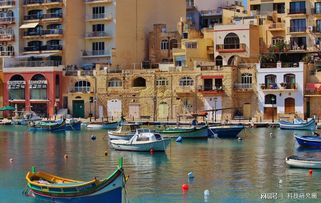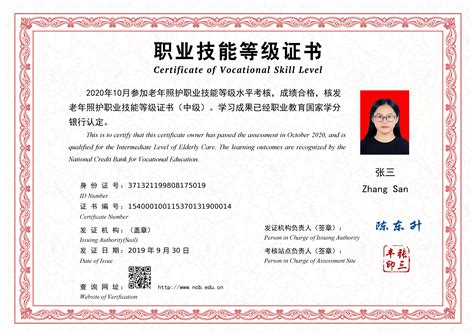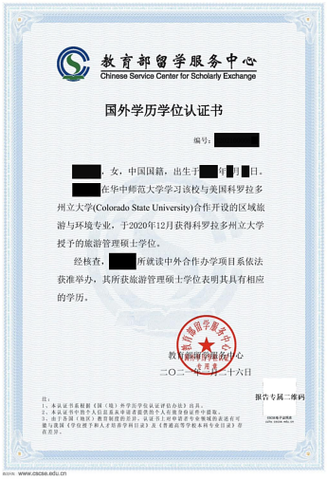Title: Considerations Before Immigrating to Malta
Moving to a new country is a significant decision, and Malta, with its unique blend of history, culture, and opportunities, attracts many immigrants every year. However, it's crucial to conduct thorough research and consider various factors before making such a lifechanging decision. Here, we delve into the considerations prospective immigrants should bear in mind before relocating to Malta.
1. Language Dynamics:
While English is one of Malta's official languages and widely spoken, particularly in business and tourism sectors, Maltese, a Semitic language, is also prevalent. Immigrants should assess their proficiency in English and their willingness to learn Maltese to facilitate integration and communication with locals.
2. Cost of Living:
Despite being a small island nation, Malta's cost of living is relatively high, especially in popular expat areas like Sliema and St. Julian's. Housing, groceries, and entertainment expenses can be significant factors to consider when budgeting for daily life in Malta.

3. Employment Opportunities:
Malta's economy has experienced significant growth, particularly in sectors like iGaming, finance, and technology. Job opportunities are available, but competition can be fierce, and certain industries may require specific qualifications or experience. Prospective immigrants should research the job market and potential employers before making the move.
4. Visa and Residency Requirements:
Understanding Malta's visa and residency requirements is essential for immigrants. NonEU citizens may need to apply for longterm visas or residency permits, while EU citizens benefit from freedom of movement within the European Union. Navigating these requirements can be complex, so seeking guidance from legal experts or immigration consultants is advisable.
5. Healthcare System:
Malta boasts a highquality healthcare system, with both public and private options available. EU citizens are entitled to free or subsidized healthcare through the national health service, while nonEU citizens may need private health insurance. Access to healthcare services and insurance coverage should be thoroughly researched and planned for before immigrating.
6. Cultural Adaptation:
Immigrating to a new country involves adapting to a different culture and way of life. Malta's rich history, Mediterranean climate, and vibrant social scene offer plenty of opportunities for newcomers to explore and integrate. However, understanding Maltese customs, social norms, and etiquette can help ease the transition and foster positive relationships with the local community.
7. Education System:
For families with children, researching Malta's education system is crucial. The country offers a mix of public, private, and international schools, each with its curriculum and language of instruction. Evaluating school options based on academic standards, language preferences, and extracurricular activities can aid in making informed decisions about children's education.
8. LongTerm Housing:
Securing suitable accommodation is a priority for immigrants to Malta. Whether renting or buying, factors such as location, proximity to amenities, safety, and affordability should be considered. Exploring different neighborhoods and seeking advice from real estate agents can help find the right housing solution for individual needs and preferences.
In conclusion, immigrating to Malta offers exciting opportunities for personal and professional growth, but it requires careful consideration and planning. By examining factors such as language dynamics, cost of living, employment opportunities, visa requirements, healthcare, cultural adaptation, education, and housing, prospective immigrants can make wellinformed decisions and embark on a successful journey in their new home.









